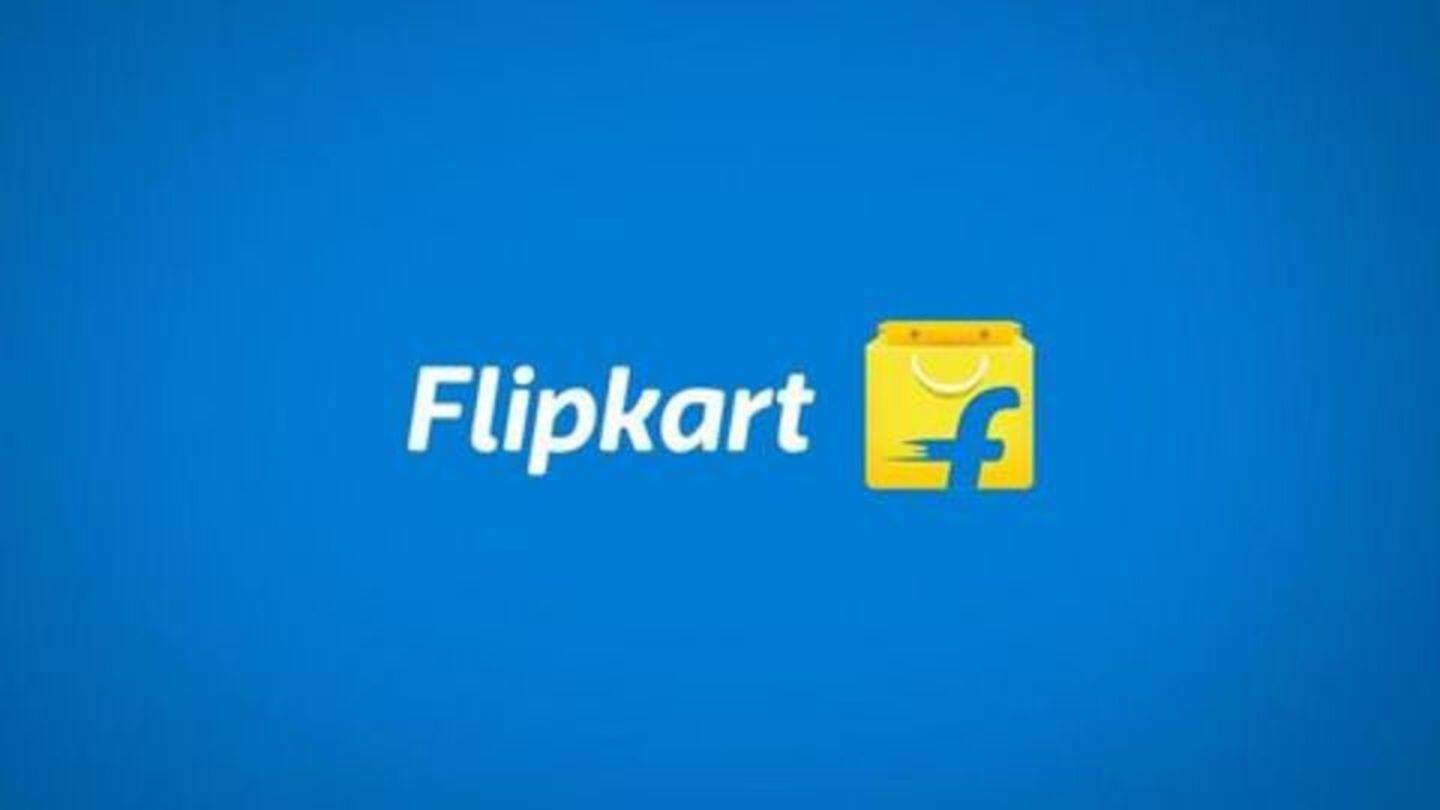Flipkart and 38 other companies miss out on GSP license
What's the story
Indian e-commerce giant Flipkart has missed out on becoming a holder of the GST Suvidha Provider (GSP) license.
Flipkart had applied for a GSP license in May in a bid to have more control over GST filings, but fell short of the minimum paid-up capital and annual revenue requirements.
Flipkart apart, 38 other companies among the 160+ applicants didn't meet the criteria.
Quote
Flipkart is going to re-apply for GSP license again
Flipkart missed out on getting a license as its Rs. 48.43 lakh paid-up capital fell short of the Rs. 2 crore requirement. "There are some procedural matter to be clarified, we shall be re-applying for GSP shortly," said a Flipkart spokesperson.
GSP license
What exactly is a GSP license?
Owing to confusion regarding filing of invoices under the GST regime, the government introduced GSP licenses wherein companies could choose to become GSPs and provide technological solutions to ease the process for taxpayers and other stakeholders.
GSPs would, through applications, allow taxpayers to directly connect to the GST Network (GSTN), register, upload invoices, and file returns.
Quote
How GSPs are looking to go about their business
"Many GSPs are looking to become providers of application program interface (APIs) for other application service providers (ASPs), while some are looking to be captive GSPs, developing solutions for their own processes and partners," said Sudhir Singh, a policy expert from think tank iSPIRT.
GSP requirements
What's required to hold a GSP license?
GSP applications happened in two phases.
During the first phase, the paid-up capital requirement and annual revenue requirement were Rs. 5 crore and Rs. 10 crore per year for the past 3 years respectively.
In the second phase, the requirements were relaxed: paid-capital requirement became Rs. 2 crore, and annual revenue requirement was reduced to Rs. 5 crore annually for the past 3 years.
Applicants
GSP applications and major applicants
Owing to the high financial requirements during the first phase of GSP applications, initial applications were from big money firms of which 34 were shortlisted including companies like Reliance Industries, Ernst & Young, Tally etc.
In the second phase, over 160 applications were received, from which the GSTN shortlisted 69 applicants. They included the likes of HDFC, KPMG, PricewaterhouseCoopers, Zoho Corporation etc.
